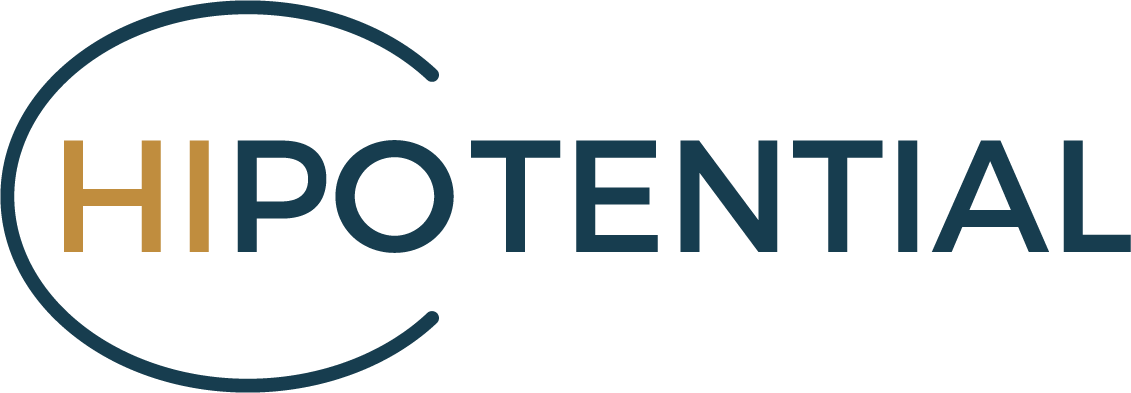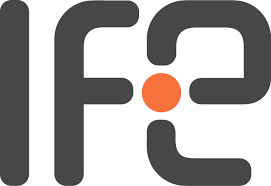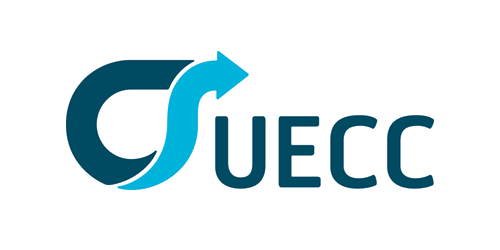Interested in hearing more about our services?We are here to help you!
Patrick Lencioni, is one of those who has fronted this a lot and he talks about "The Five Dysfunctions of a Team".
References
Tom Solberg
Bjorn Hol
Gry Skjønhaug
Lasse Lund
Knut Mørken
Helen Bjerke Olafsen
Anine-Catharina Mauroy Charlsen
Anine works in HiPOTENTIAL as an associate senior consultant
Anine helps, among other things, HiPotential in its work as a negotiator for A&D of Hogan's Assessment Systems.
Experience
Anine's expertise is recruitment and Executive Search from A to Z. She is very skilled at all and parts of this type of project and has a very high degree of additional sales with her clients. She shows great flexibility and creativity to ensure optimal solutions for the customer. Anine also has good experience as a consultant in organizational development, career counseling and Talent Management.
Anine has experience from a number of different industries and types of businesses, both in national and international businesses. She has worked with the entire spectrum from small businesses to large corporations. As a headhunter/recruiter, she has worked with everything from C-level to trainee positions and she enjoys the variety this range provides.
Psychological instruments and scientific methods
Anine uses psychological instruments as an important part of a survey or assessment basis. She has worked with a number of different psychometric instruments and is, among other things, certified in Hogan's personality tests, as well as ability tests such as Raven's matrices and Matrigma.
Education
Anine has a master's degree in work and organizational psychology from the University of Oslo. Her master's thesis deals with human factors and how these affect safety. She has a bachelor's degree in psychology and social anthropology from NTNU, as well as business economics from BI.
Collaboration partners
In order to deliver quality on larger projects, and the possibility of flexibility towards our customers, we have entered into cooperation with several professional players in the market within Recruitment, Assessment centre, Downsizing and Career Guidance, Leadership Development, Talent Management, Management Audit and Culture/Value Processes.








